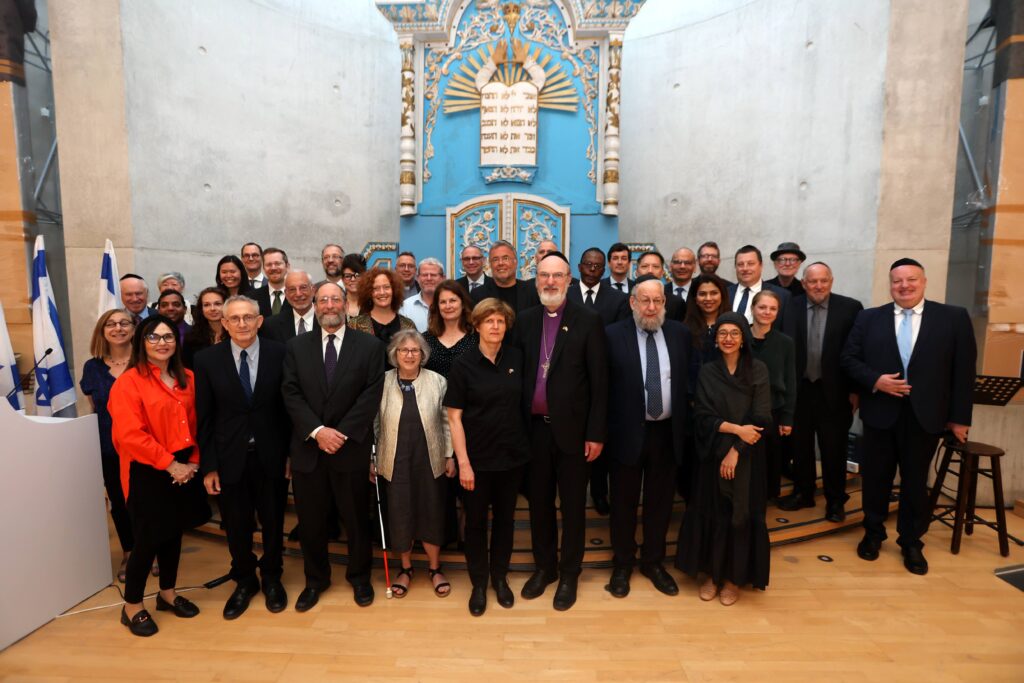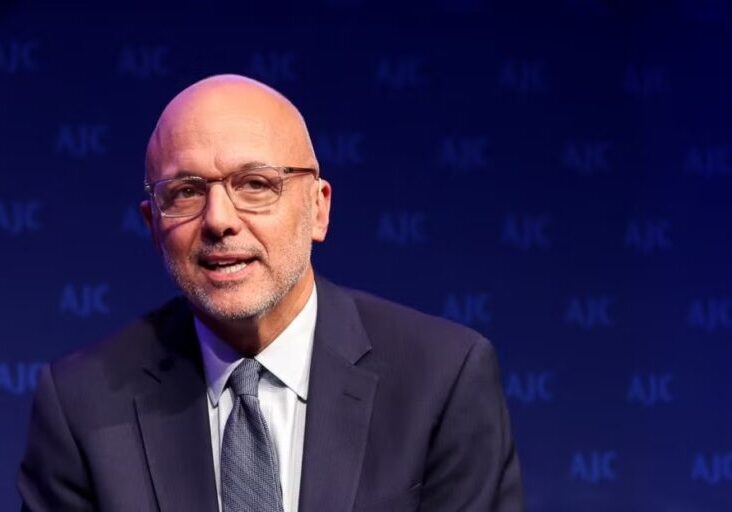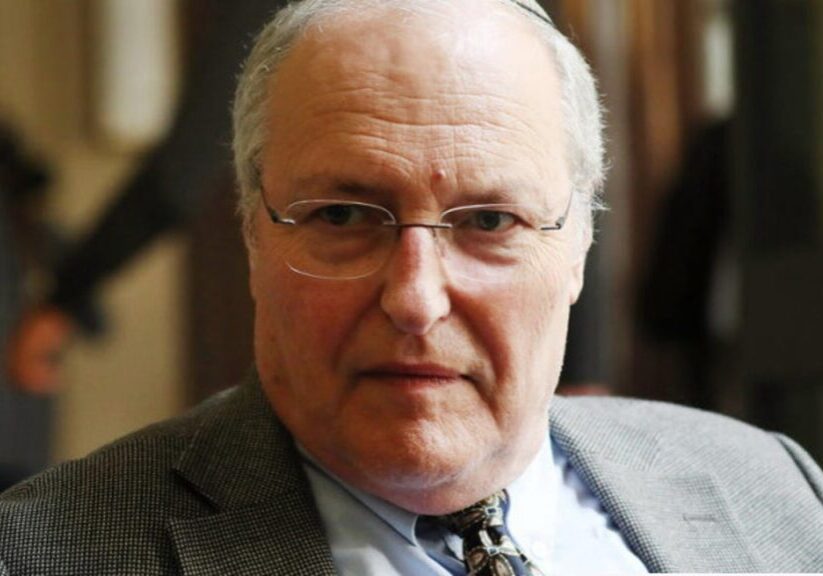Australia/Israel Review
The Last Word: Moral leadership
May 31, 2022 | Jeremy Jones

Well away from the public spotlight, a highly significant meeting took place in Jerusalem last month.
The World Evangelical Alliance (WEA), a global body representing more than 600 million people in a network of 143 national alliances, held its first-ever meeting with the International Jewish Committee for Interreligious Consultations (IJCIC) – the most authoritative and representative global Jewish organisation in the field of interfaith relations.
Although I was, unfortunately, unable to travel to be part of the dialogue, as a member of the Board of IJCIC I am familiar with the complex history of the relationship between Evangelicals and Jews – and the devotion of the leaders of the two networks to organising this truly momentous gathering.
The sessions included a joint visit to Yad Vashem, the Holocaust Museum and Memorial – which not only allowed the WEA delegates to learn about the Shoah and its ongoing significance to the Jewish world, but also to hold a wreath-laying ceremony in the Hall of Remembrance.
At Yad Vashem, the European Evangelical Alliance (EEA), one of the most important components of the WEA, announced it was adopting the International Holocaust Remembrance Alliance (IHRA) Working Definition of Antisemitism.
The declaration of support for the IHRA Definition, which is proving to be a useful tool for organisations and institutions which genuinely wish to understand and respond to contemporary variations of antisemitism, was consistent with “the promise for future solidarity” which was inscribed on the wreath.
The EEA noted that it represented the part of the world in which the Nazi genocide took place, and that its action was necessary as “antisemitism in various forms and facets has today become a global threat.”
“It poisoned societies and Christian-Jewish relations around the globe, even in nations where there are no Jews.”
The meeting with the full WEA declared that its purpose was “to increase the mutual understanding between the two faith communities and identifying issues of common concern.”
The leaders of the combined delegations stated that “the WEA and IJCIC explored ways in which, working together, our advocacy and interventions may be forces for good in the world… areas of possible collaboration included: mutual education; environmental concerns; and promotion of peace.”
The delegations agreed to continue to communicate regularly and to implement action programmes to effect the changes they had agreed needed to be made.
Shortly after this meeting, another Christian group also made an historic move towards improving Jewish-Christian relations.
Eight hundred years after the Synod of Oxford forbade social interactions between Jews and Christians; introduced special identifying badges to be worn by Jews; imposed financial obligations on them; banned Jews from some professions; and prohibited building new synagogues, a special service was held at Christ Church Cathedral in Oxford.
At this service, the Church of England apologised for those historic anti-Jewish laws, noting that the Synod’s strictures had led to the mass expulsion of England’s approximately 3,000 Jewish residents in the year 1290, with the ban on Jews lasting 360 years.
The Archbishop of Canterbury, Justin Welby, said that the service was “an opportunity to remember, repent and rebuild… Let us pray it inspires Christians today to reject contemporary forms of anti-Judaism and antisemitism and to appreciate and receive the gift of our Jewish neighbours.”
The Bishop of Oxford, Rev. Dr. Steven Croft, said the antisemitism problems in the British Labour Party under Jeremy Corbyn had left him “disturbed” and emphasised the importance of the apology.
It is a sad reality that antisemitism has become so prominent this century. Given the historic relationships between Christians and Jews, the significance of the steps being taken by Evangelicals and Anglicans at this time should not be underestimated.






